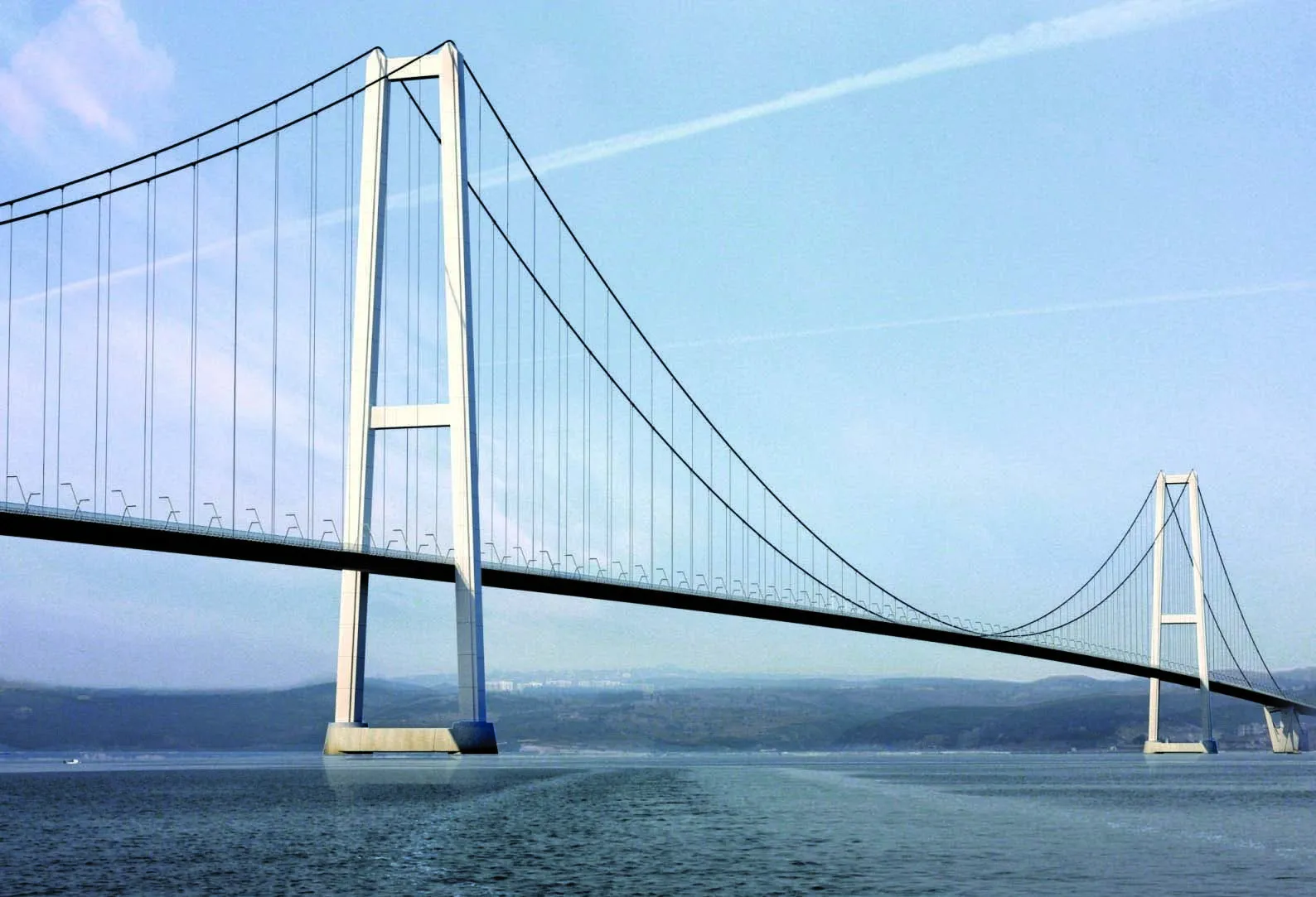Official data from the Turkish Statistical Institute (TUIK) reveals that the country’s vehicle fleet continues to increase. The TUIK report shows that by 31st March 2013, some 17.3 million vehicles were registered for use on Turkey’s road network. This figure represents a 7.6% increase over the number of registered vehicles noted as being registered on Turkey’s roads at the end of March 2012. Some 51% of the registered vehicles are passenger cars, 16.5% are pick-up trucks, 15.5% are motorbikes, 8.8% are tra
May 22, 2013
Read time: 2 mins
Official data from the Turkish Statistical Institute (TUIK) reveals that the country’s vehicle fleet continues to increase. The TUIK report shows that by 31st March 2013, some 17.3 million vehicles were registered for use on Turkey’s road network. This figure represents a 7.6% increase over the number of registered vehicles noted as being registered on Turkey’s roads at the end of March 2012. Some 51% of the registered vehicles are passenger cars, 16.5% are pick-up trucks, 15.5% are motorbikes, 8.8% are tractors, 4.4% are trucks, 2.3% are minibuses, 1.4% are coaches and 0.2% are listed as special-purpose vehicles. In March 2013 alone, some 88,400 vehicles were registered, a jump of 45.7% over the previous month. Of the 8.8 million passenger cars in use in Turkey, 41.3% are fuelled by LPG, which is of note as it is higher than in most other countries. 2453 Renault and VW are the most common brands of passenger car on Turkey’s roads at 15.8% and 15.7% respectively.







